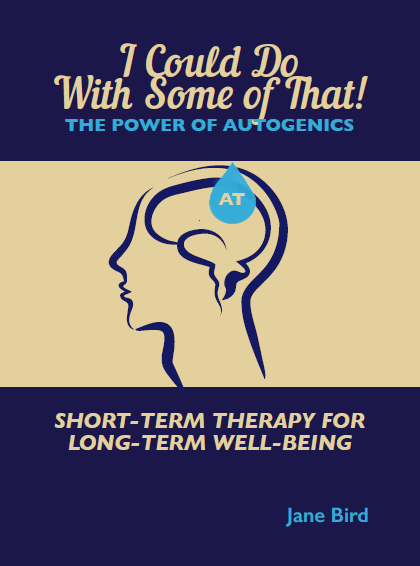Stress affects us all. But do we really know what it is? And while stress can give us purpose, direction and a sense of achievement, it is only when we feel there is constantly too much (we feel overwhelmed) that it becomes a problem (distress).

‘Brain-fog, low energy, when stress becomes di-stress’
We might think that stress is only in the mind, but really it can have some fairly detrimental effects on our physical health as well. Modern life comes with a number of stresses, especially when we throw a global pandemic into the mix. Technology, work-life balance, family and financial struggles can all cause unwanted worries and anxieties that can have negative physical and emotional ramifications. If you struggle with stress, there are a number of ways in which you can help yourself out. From your food habits, to therapies such as Autogenics, you can find help.
What is stress?
In the short term, stress triggers our fight-flight response, allowing us to work more effectively to a deadline or, in the worst case scenario, escape danger. However, we have all felt overwhelmed by stress at one point or another. It is can be as a result of a trigger – be it an event or a thought – causing emotional or physical tension that, if not addressed, can escalate to further problems. The physiological adrenalin response brings about the dry mouth and raised heartbeat familiar to us all.
Every individual reacts differently to the next so any number of things in our lives can make us feel stressed. Triggers at home (our energy and food bills, taking care of our families, as well as ourselves), compete with triggers at work. We can address financial issues by applying for grants for our utility bills, such as Winter Fuel Payments, and check the caps on utility bills.
We know we can help the emotional impact of stress by taking time out of every day to do something different – just for us (meditate, relax, get absorbed in a hobby) which takes our mind off things. This often helps to restore energy and reduce fatigue. Eating well, cutting down sugar and alcohol, will have a positive effect on emotional well-being. Changing habits suddenly can add more stress into the mix! Do a little at a time – small achievable steps.
What impact is stress having on our bodies?
As we have seen, stress has its benefits. However, longer-term stress can have a negative impact on our physical health, since our minds and bodies are inextricably linked, and impact each other. So what exactly happens inside our bodies when we are stressed?
Firstly, the body releases cortisol, adrenaline and norepinephrine, making us feel tense and boosting our blood pressure. Our good nutrient contents that create energy, start to deplete, making us feel more tired. Check out this analysis of stress on the body for more information: https://www.webmd.com/balance/stress-management/stress-symptoms-effects_of-stress-on-the-body#1
Now, unless the cause of stress is ended, or if unavoidable (such as accident or sudden bereavement) the stress is not managed, these good resources deplete further, causing us to feel tired. In the longer-term more serious issues can occur, perhaps starting with depression and anxiety, progressing to a compromised immune system which can be a precursor to serious conditions. This is when we might realise the significance of the word DI-stress.
Take some time for yourself
Autogenic Training (AT) is a tried and tested way to reduce your stress levels. You can practise it at any time and in any place. This is because it is a treatment that you give to yourself. Autogenics is an amazing skill to learn, as it allows you to maintain your stress at a healthy level. You learn Autogenic Training in a short course, and through its easygoing practice, learn how to manage your stress, alongside new insights about yourself. AT is a skill for life – with unexpected benefits.
{ 0 comments }

